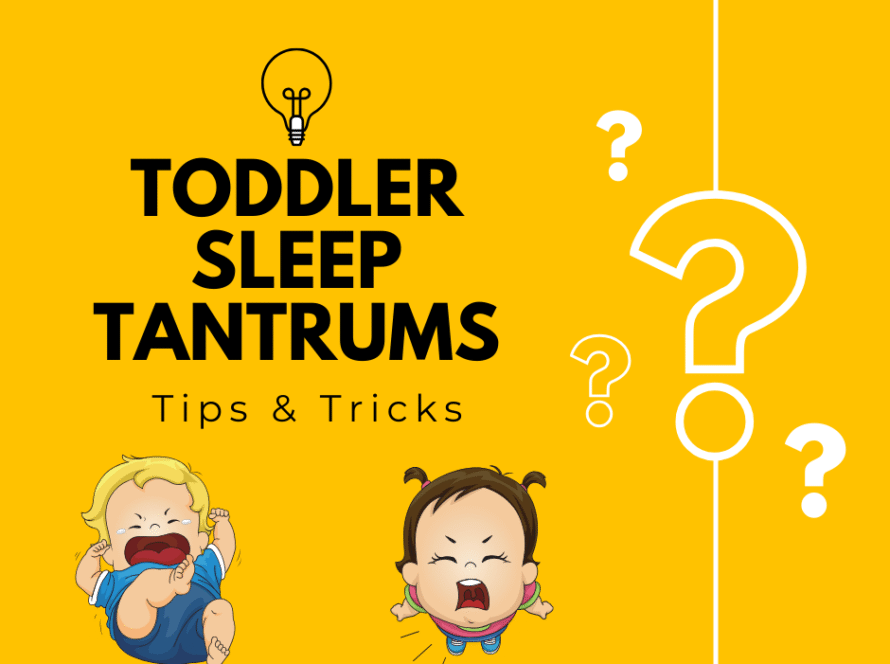Snoring is a noise that is produced while the child is sleeping. Most children who snore do not have any serious underlying problem but few children with regular snoring can have sleep apnea.
Why do children snore?
Snoring happens when there is some blockage at the nostrils, back of the nose or throat leading to narrowed air passages. This leads to vibration of the tissues in the throat when the child is breathing in (inspiration) leading to snoring sound.
Is snoring common in children?
Many children snore on occasion but habitual snoring is seen in approximately 10 % of children.
What are the factors which leads to snoring in children?
Nasal block due to viral infections is most common reason for snoring. But this would be only during colds and would improve after the infection.
Loud and regular snoring every night is often abnormal in otherwise healthy kids. The causes of regular snoring could be:
- Persistent nasal block caused by nasal allergy leading to enlarged nasal turbinates, nasal polyps, sinusitis or a deviated nasal bone.
- Enlarged adenoids and tonsils
- A small jaw (called mandible), large tongue and palate.
- Obesity in children leads to lot of fat around the airways leading to narrowing
- Abnormal facial anatomy in certain genetic syndromes
- Poor muscle tone in certain neuromuscular disorders
My child snores: Can it be Sleep Apnea?
Most children who snore on a regular basis do not have an associated serious problem and are described as primary snoring. But, about 10 percent children who snore on a regular basis have breathing problems during their sleep called as obstructive sleep apnea syndrome.
During sleep apnea the child’s airway is narrowed or obstructed and sufficient air cannot pass through leading to pauses in breathing multiple times in the night. Sleep apnea lead to a poor oxygen supply to the child’s brain. This also leads to frequent arousals from sleep leading a poor sleep quality.
My child snores: when should I worry?
The American Academy of Pediatrics recommended that all children be screened for snoring. It is also recommended that children who snore on a regular basis and have any accompanied problems like difficult breathing during sleep, gasps, snorting noises, observed episodes of apneas or stoppage of breathing or sleeping in a seated position or with the neck hyperextended during sleep require investigations to determine if a child is experiencing normal primary snoring or obstructive sleep apnea syndrome. Children with snoring also need to be investigated if have daytime sleepiness, learning problems or attention-deficit/hyperactivity disorder. If a child has any of these features in addition to regular snoring this could indicate a sleep apnea.
My child snores: what investigations are required?
The recommended investigation for evaluation of children with snoring and diagnosis of sleep apnea is a Sleep Study or a Polysomnography. Sleep study is done in a special sleep laboratory with the equipment to measure all the various parameters including good video and audio recording. More details about a sleep study could be found on https://www.ankitparakh.com/specialty-services/pediatric-sleep-studies/.







